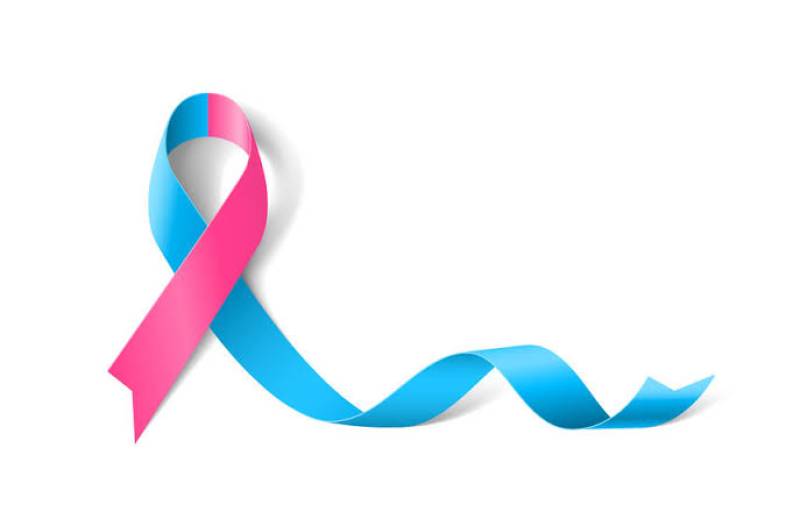Breast Cancer: men aren’t safe either

Women all over the world are at risk of getting breast cancer, but are men safe from this life-threatening disease? The answer is NO. Although it is rare, men can get breast cancer too.
Learn the symptoms of breast cancer in men and things that may increase your risk.
Breast cancer is most often found in women, but men can get breast cancer too. About 1 out of every 100 breast cancers diagnosed in the United States is found in a man. The most common kinds of breast cancer in men are the same kinds in women.
Symptoms: The most common symptoms of breast cancer in men are:
A lump or swelling in the breast.
Redness or flaky skin in the breast.
Irritation or dimpling of breast skin.
Nipple discharge.
Pulling in of the nipple or pain in the nipple area.
These symptoms can happen with other conditions that are not cancer. If you have any symptoms or changes, see your doctor right away.
Risk Factors: Several factors can increase a man’s chance of getting breast cancer. Having risk factors does not mean you will get breast cancer.
Getting older: The risk for breast cancer increases with age. Most breast cancers are found after age 50.
Genetic mutations: Inherited changes (mutations) in certain genes, such as BRCA1 and BRCA2,increase breast cancer risk.
Family history of breast cancer: A man’s risk for breast cancer is higher if a close family member has had breast cancer.
Radiation therapy treatment: Men who had radiation therapy to the chest have a higher risk of getting breast cancer.
Hormone therapy treatment: Drugs containing estrogen (a hormone that helps develop and maintain female sex characteristics), which were used to treat prostate cancer in the past, increase men’s breast cancer risk.
Klinefelter syndrome: Klinefelter syndrome is a rare genetic condition in which a male has an extra X chromosome. This can lead to the body making higher levels of estrogen and lower levels of androgens (hormones that help develop and maintain male sex characteristics).
Certain conditions that affect the testicles: Injury to, swelling in, or surgery to remove the testicles can increase breast cancer risk.
Liver disease: Cirrhosis (scarring) of the liver can lower androgen levels and raise estrogen levels in men, increasing the risk of breast cancer.
Overweight and obesity: Older men who are overweight or have obesity have a higher risk of getting breast cancer than men at a normal weight.
